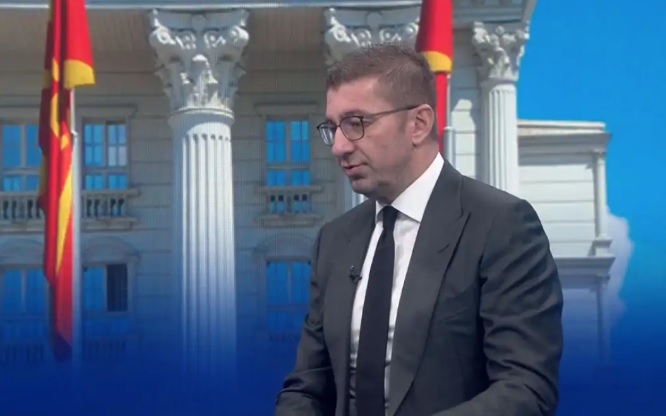« Watermark paper » – fleeting the beautiful

« Watermark paper » by Goran Petrovich
Translated from Serbian desire Georgieva, « Jeanette 45 », 2024
Watermark Paper is one of the most voiced books of the beloved Serbian writer Goran Petrovic, who left us in the beginning of last 2024.
In the beginning, the novel fascinates with its beautiful story about the XIII century association, which produces handmade paper, the world of craftsmen moms with the perfection, in which the product seems to be involving the boundaries of the mortal and crosses the senses of the exceptional.
That’s where the game with power begins, of course. This handmade paper has to be deserved, it can’t just be purchased (« And what about we pay you, just to refuse to create? »). In perfectionism – as one of the urges of creation – there is definitely a dose of self -centeredness, and a consciousness of over -spelling, and a refusal of generosity.
The association becomes a country in the country, it is hinted that it is vindictive and harsh with customers who do not meet the high conditions of the classmates of filigree paper from Amalfi. The radiant world of perfection, which is, however, from old clothes, bought by the hostels, collapses to war. An ordinary war in which everything, even the exploits, seem small from the distance of time.
And time is one of the main topos in the work of Goran Petrovic. (In the story « Everything I know about the time » an elderly man at the end of my life often digs into a box of old watches, « touching one or the other clock to their ear. And he listened to them as if they had never stopped. » Careful « .
| So back to « Watermark Paper », where the reader is aid by the playful narrative, the thin irony, but also the beauty of the story – the wind, the sun air of Naples and the Amalfi, who moves the fasteners of Naples’ virgins and the bird feathers from which the writing aids are made. Two soldiers invade the carefully drawn novel field. The idyll was blown up with a few strokes on the door of a young author, and with his literally taking a « crusade » march taken by the ruler Giovanni the insatiable. In the name of love. |
The Queen, who could not endure neither disobedience from her subjects or refusal to love, needed sheets of famous paper. And of a dozen writers to write a love letter to the young Pandolfo, who would become her favorite. This is how the next plot begins in this novel-Delta (as Goran Petrovich defines it).
Of course, the currents of the delves that flow into a larger water pool (in the case of the sea of time) can only be seen well from above. Seen from this perspective, the human army with its small tufts, Senia, megalomania and even creative impulses becomes an anthill that performs chaotic, ridiculous and unmistakably delicate movements.
Goran Petrovich offers us a magnificent mixing of high and low, a ridiculous and triumphant, the elevation of the human spirit in the name of art and a series of carnival-facial events, resulting from human pride and the impunity of power. The eternal themes of the ideal and the viciousness of its implementation are brought to the stage of the novel with ease and forgiveness.
Excerpt from Goran Petrovich’s « Squat »
The world’s (but not peaceful) world of paper manufacturers meets the crusade of the ruler, a march, read in the name of love – with all his rattling carts, weapons, passenger inconveniences, chroniclers and blushing soldiers. And because in every clash there is rarely truly profitable, the clash between these two worlds also gives birth to nothing magnificent. But it achieves change. And love, briefly (and almost in the Rablezian sense of the word) wins. To be then replaced.
| « Watermark Paper » actually keeps targeting the problems of eternal and petty, the triumph of the skillfully created over the everyday life. About the victory of the thirst for power or recognition of the human being. |
But also hidden, bright and with understanding – about the intoxication of storytelling. For the writer as a chronicler, witness, mystifier and penultimate instance. Because the last instance is always the flow of the story, « He who remained eternal, although this sheet is quite lost, maybe burned, has become ash … And maybe he has long been turned into a completely different sheet, which has created some third sheet to be degraded and to become an integral part of the fourth and then who knows who in order. »
The flow of time, however, is also a tactile tangible thanks to the magnificent layout of Lyuba Haleva. The small fish with which Goran Petrovich’s novel ends, pass from page to page, but can also be felt with fingers along the cover of the book – transparent and visible only in the play of light. Another hint of the author’s masterful writing technique.
| (« In short, when I draw the coordinates of a manuscript, where verticals are what I want to write about, and the horizontal is the way I want to write, as if I am becoming some kind of strainer, a densely crowded sieve, in which I experience, read, hear, and something remains, » something remains. « Goran Petrovich says in an interview with Balkans.) |





/s3/static.nrc.nl/images/gn4/stripped/data131665686-79cfce.jpg)


